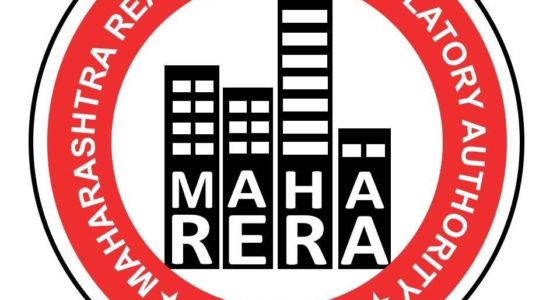The CII Indian Green Building Council (IGBC) and the Confederation of Real Estate Developers’ Associations of India (CREDAI) have signed a Memorandum of Understanding (MoU) to advance the green and net zero building movement in India. The agreement was finalized on September 23, 2024, at CREDAI’s NATCON 2024 event in Sydney, Australia.
The MoU aims to encourage builders and real estate developers to adopt green technologies and sustainable practices. It was signed by C Shekar Reddy, National Vice Chairman of IGBC, and Boman R Irani, President of CREDAI, in the presence of industry stakeholders.
C Shekar Reddy stated that this partnership would help position India as a leader in sustainable development by 2025. The collaboration will focus on raising awareness of green and net zero concepts and supporting CREDAI members in implementing IGBC’s rating systems for new projects.
Under the agreement, IGBC will assist CREDAI members with feasibility studies for their projects in various phases, providing guidance on achieving IGBC Net Zero ratings. The organizations plan to collaborate on local chapter activities and engage with stakeholders to promote the green building initiative.
Boman R Irani highlighted that CREDAI represents over 13,300 members across 230 city chapters in 21 states. The partnership with IGBC will enhance efforts to promote sustainability in the real estate sector.
CREDAI aims to adopt IGBC Green and Net Zero building rating systems for over 4,000 projects by 2030, contributing to the development of more than 400,000 housing units in the green category.
The MoU includes the establishment of a joint taskforce to drive initiatives for green building and sustainable development in India. Regular updates on their activities will be shared with members, and both organizations will collaborate on publications to support their objectives.
The MoU between IGBC and CREDAI is valid for three years and may be renewed under mutual agreement. IGBC is committed to innovation in building technologies and practices to support net zero goals and foster collaboration among industry experts, government bodies, and academic institutions. Its mission aims for 100% net zero embodied carbon by 2050 for new buildings and infrastructure, focusing on minimizing carbon emissions throughout project lifecycles.
Also Read: India Reaffirms Commitment to Sustainable Development During World Green Building Week









